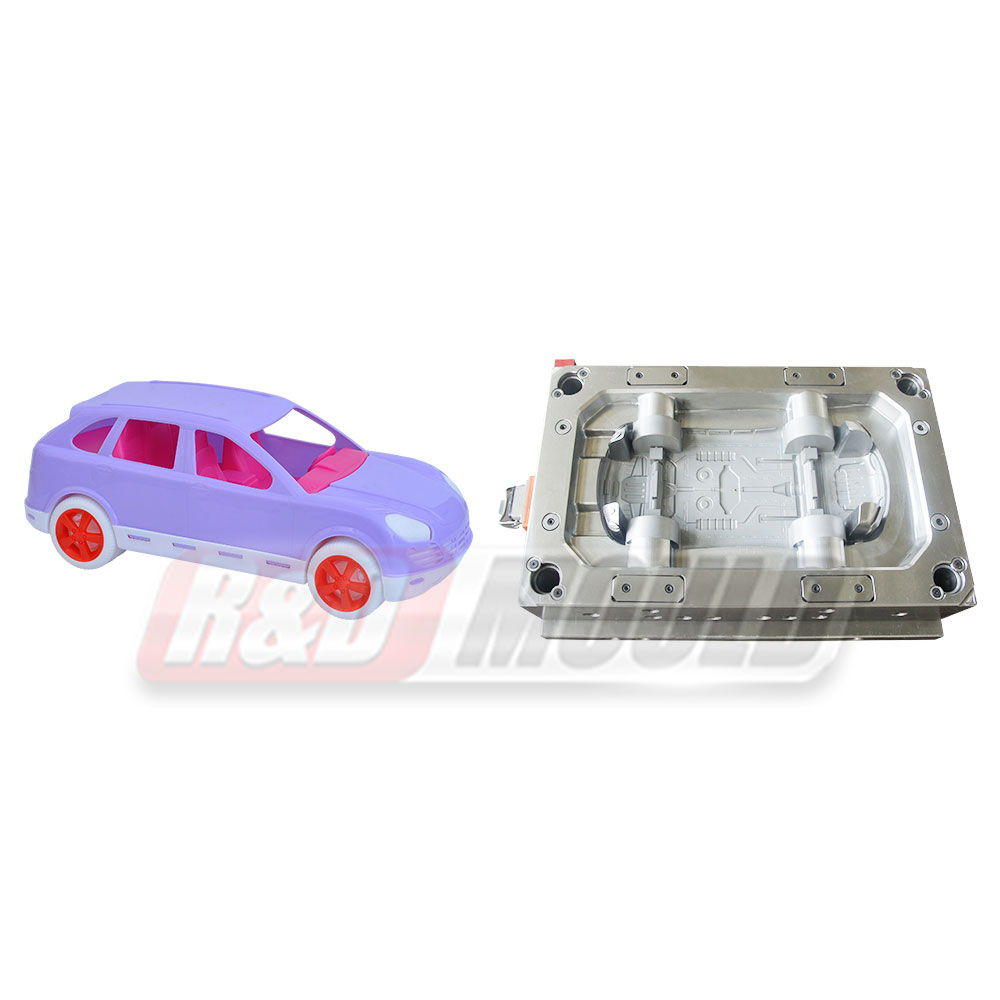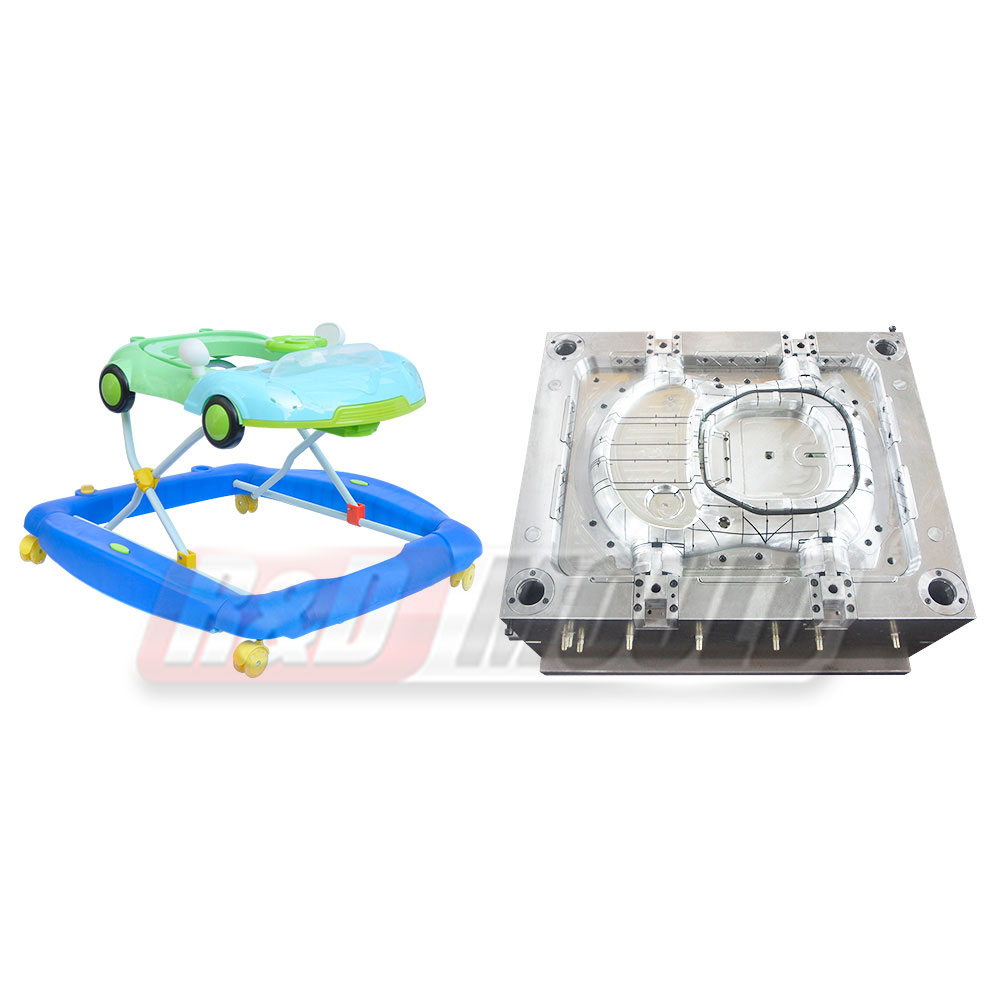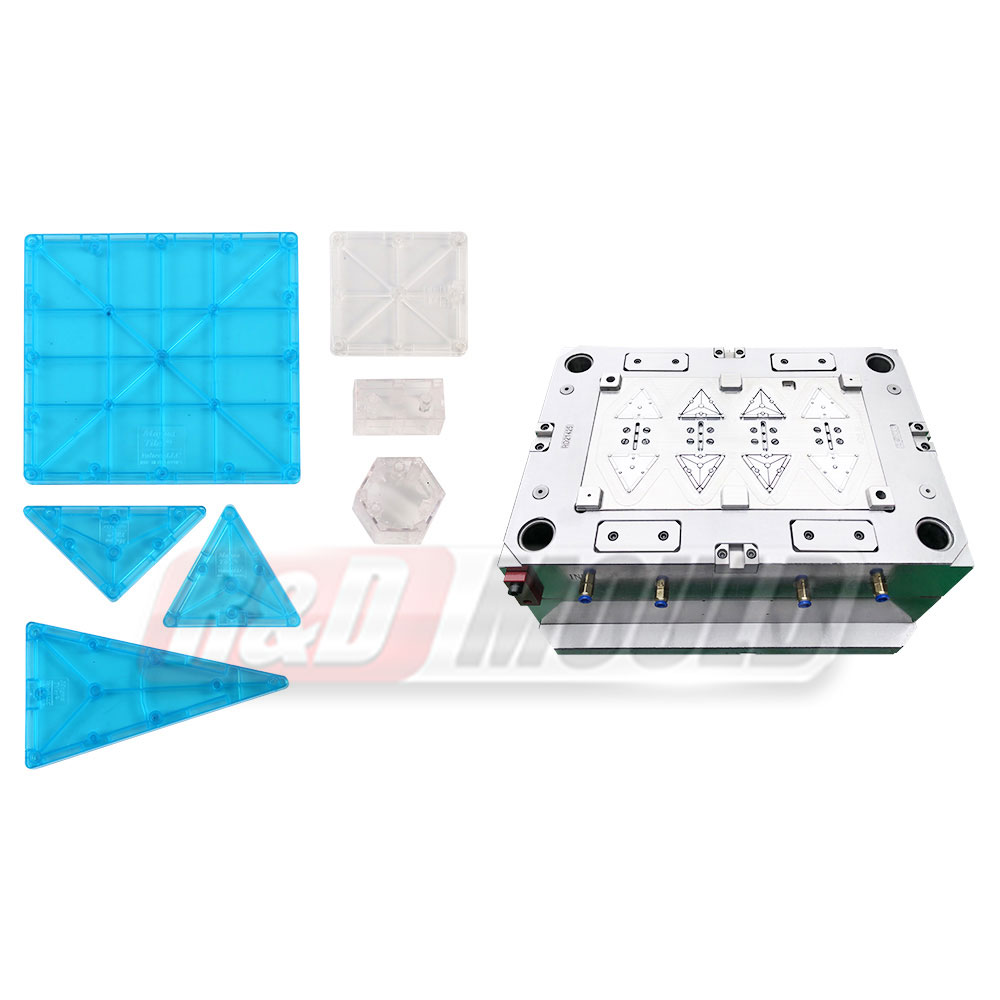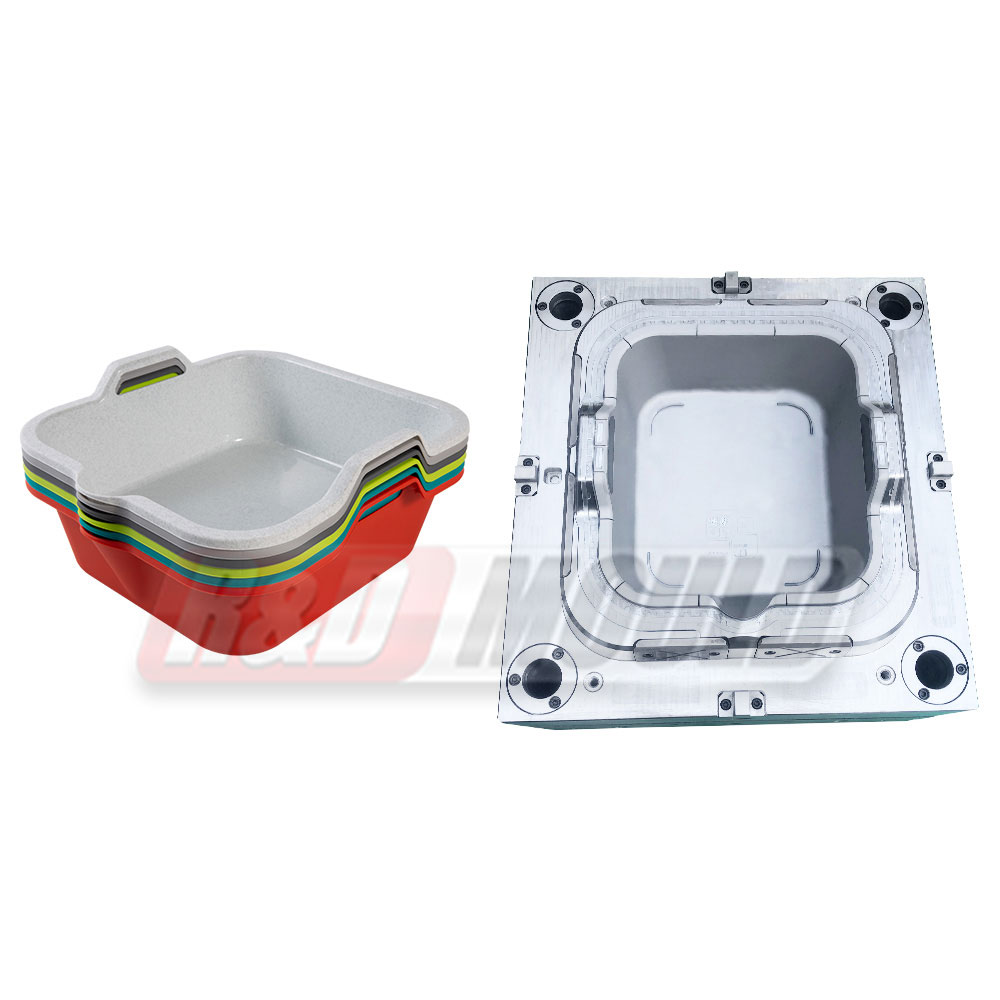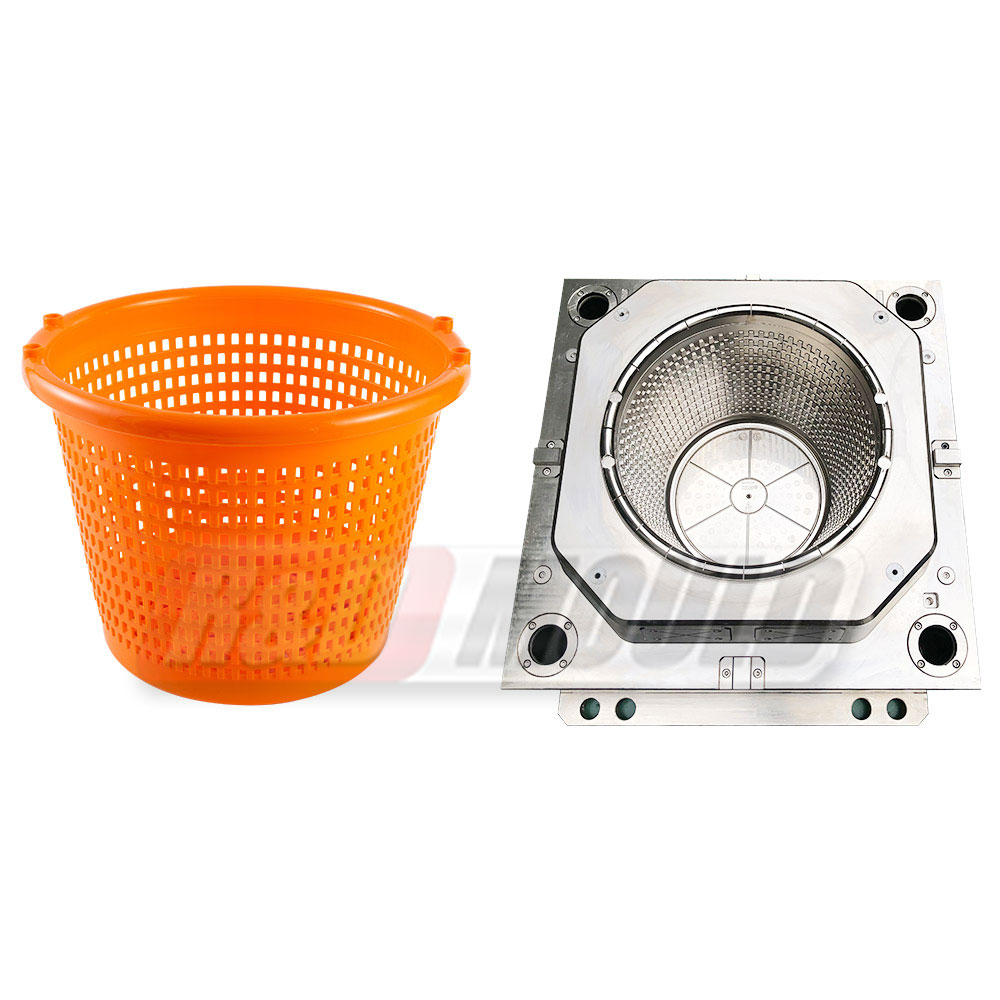Flower pot moulds are essential tools in the production of decorative and functional flower pots for homes, gardens, and commercial use. Choosing the right materials and understanding durability factors are critical for ensuring consistent quality, long service life, and efficient production. This article addresses common questions about materials and durability for flower pot moulds.
Which Materials Are Commonly Used for Flower Pot Moulds?
The choice of material for a flower pot mould directly affects its durability, precision, and performance. Tool steels such as P20. H13. and S136 are commonly used due to their high hardness, wear resistance, and ability to withstand repeated injection or compression cycles. These steels are ideal for producing large volumes of plastic or ceramic flower pots without significant deterioration of the mould surface.
For lower-volume production or prototype purposes, aluminum is also an option. Aluminum flower pot moulds are easier and faster to machine, making them suitable for testing new designs or producing limited runs. However, aluminum is less resistant to wear and thermal stress compared to tool steels, so its use is typically limited to smaller production volumes.
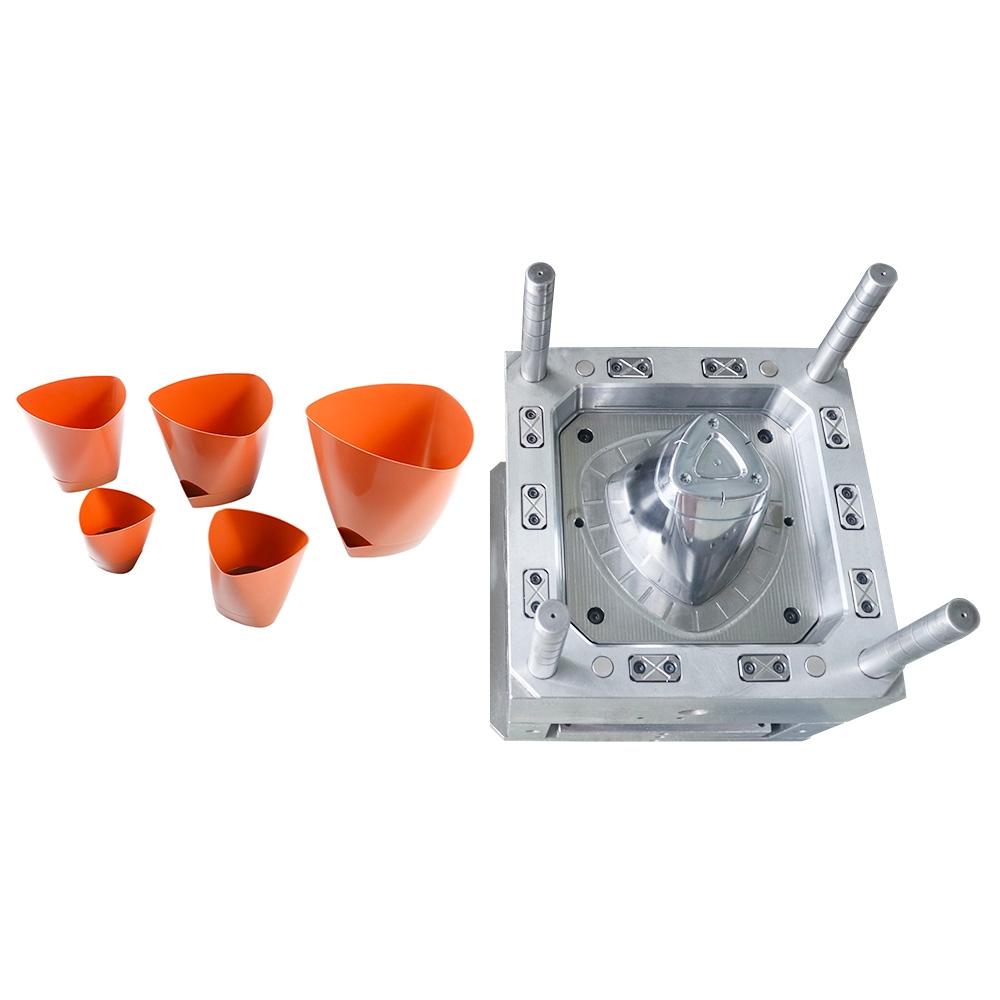
How Does the Choice of Steel or Aluminum Affect Mould Life and Part Quality?
The choice between steel and aluminum has a significant impact on both the lifespan of a flower pot mould and the quality of the final product. Steel moulds generally provide longer service life and superior dimensional stability, ensuring that flower pots maintain consistent wall thickness, surface finish, and overall appearance over thousands of production cycles. Steel also tolerates higher injection pressures and temperatures, which is particularly important for large or complex flower pots.
On the other hand, aluminum moulds offer faster machining and lower initial costs, making them suitable for prototyping or short production runs. However, aluminum is more susceptible to wear, surface erosion, and thermal deformation over time, which may lead to minor defects in flower pots if used for high-volume production. Selecting the right material depends on the expected production volume, part complexity, and desired surface quality.
Can Flower Pot Moulds Be Made for Both Plastic and Ceramic Pots?
Yes, flower pot moulds can be designed to produce both plastic and ceramic pots, though the material and design considerations differ. Plastic flower pot moulds typically use injection or rotational moulding processes and require precise cooling channels to ensure uniform wall thickness and smooth surface finish. In contrast, ceramic flower pot moulds often use compression or slip casting techniques and must accommodate the drying and shrinkage characteristics of ceramic materials.
Designing a flower pot mould for multiple materials requires careful planning of draft angles, cavity depth, and surface finish. For example, the ejection system must be compatible with both plastic and ceramic pots to prevent damage, and the mould material must withstand the thermal and mechanical stresses of each production process. Multi-purpose flower pot moulds provide versatility but require more precise engineering and material selection to maintain consistent quality.
Understanding materials and durability is crucial for producing high-quality flower pots efficiently. The choice of steel or aluminum for a flower pot mould affects both lifespan and part quality, while the design must accommodate the specific characteristics of plastic or ceramic materials. By carefully selecting materials and considering production requirements, manufacturers can ensure long-lasting flower pot moulds that produce consistently well-formed and attractive products.
Flower pot moulds are not only tools for production but also investments in quality and efficiency. With proper material selection and design, they provide reliable performance for both small-scale and high-volume manufacturing.





 English
English عربى
عربى Español
Español Français
Français